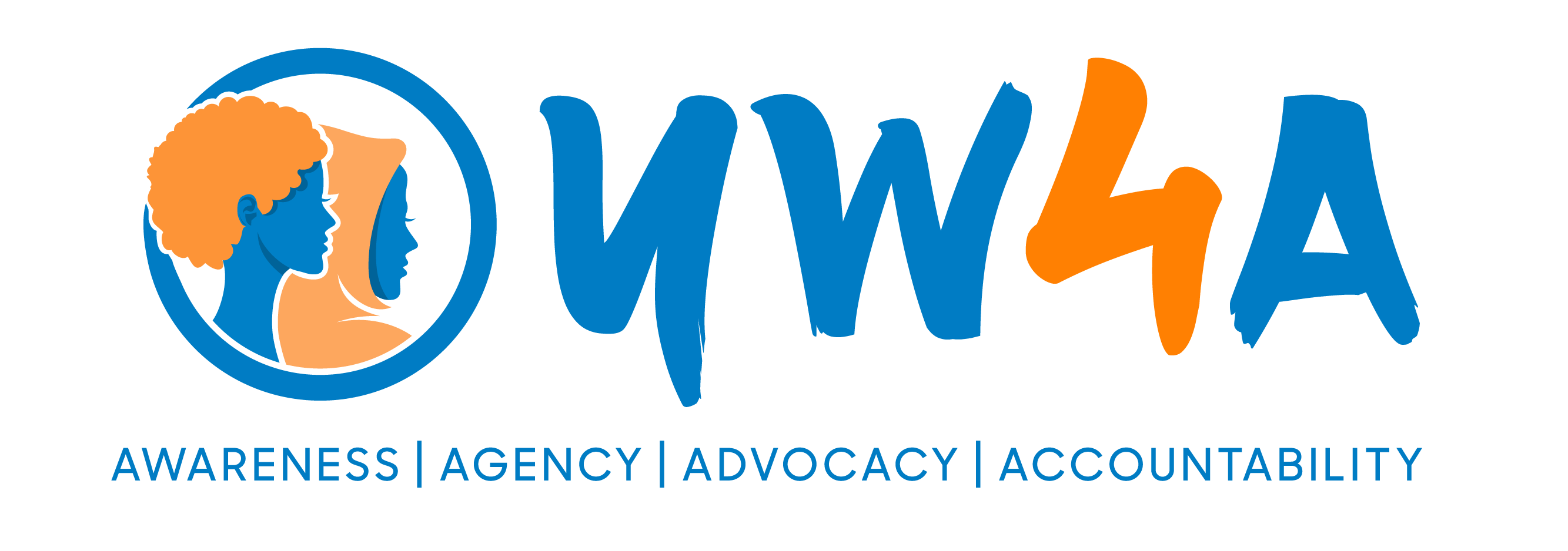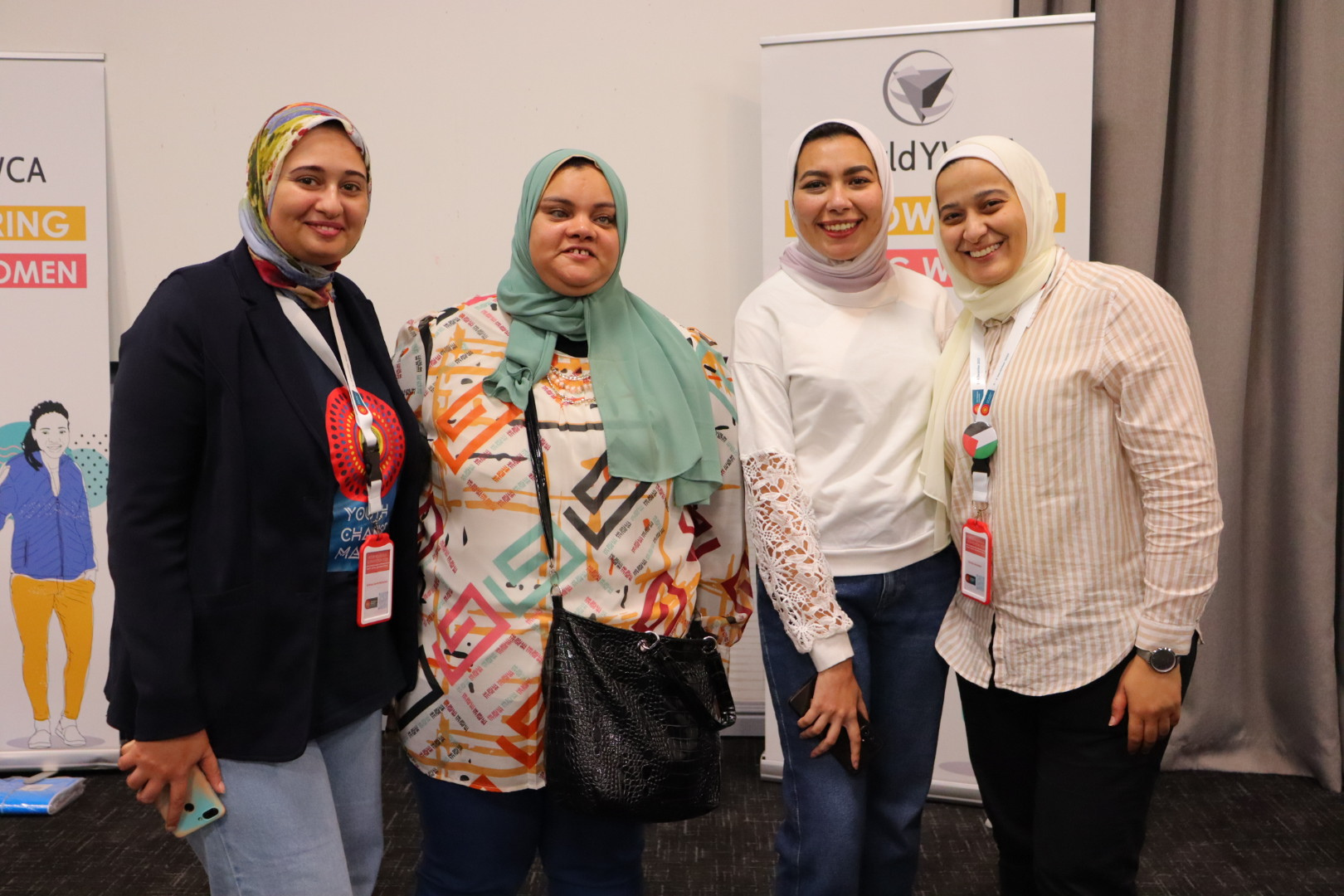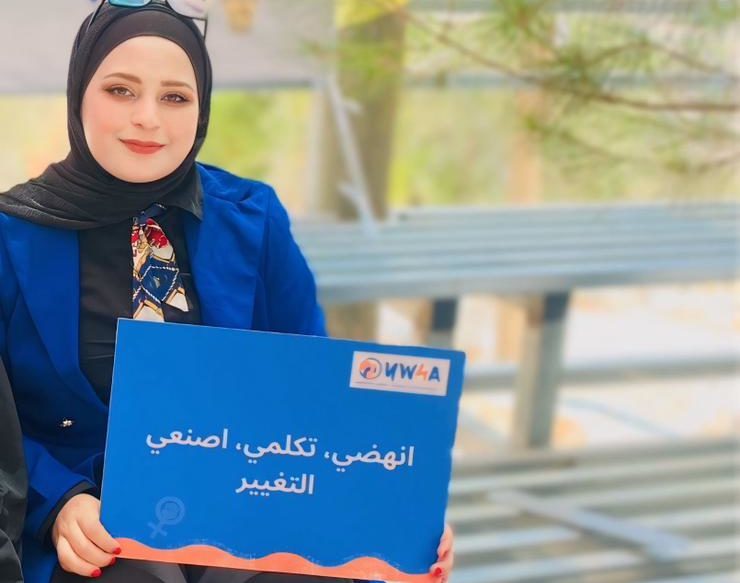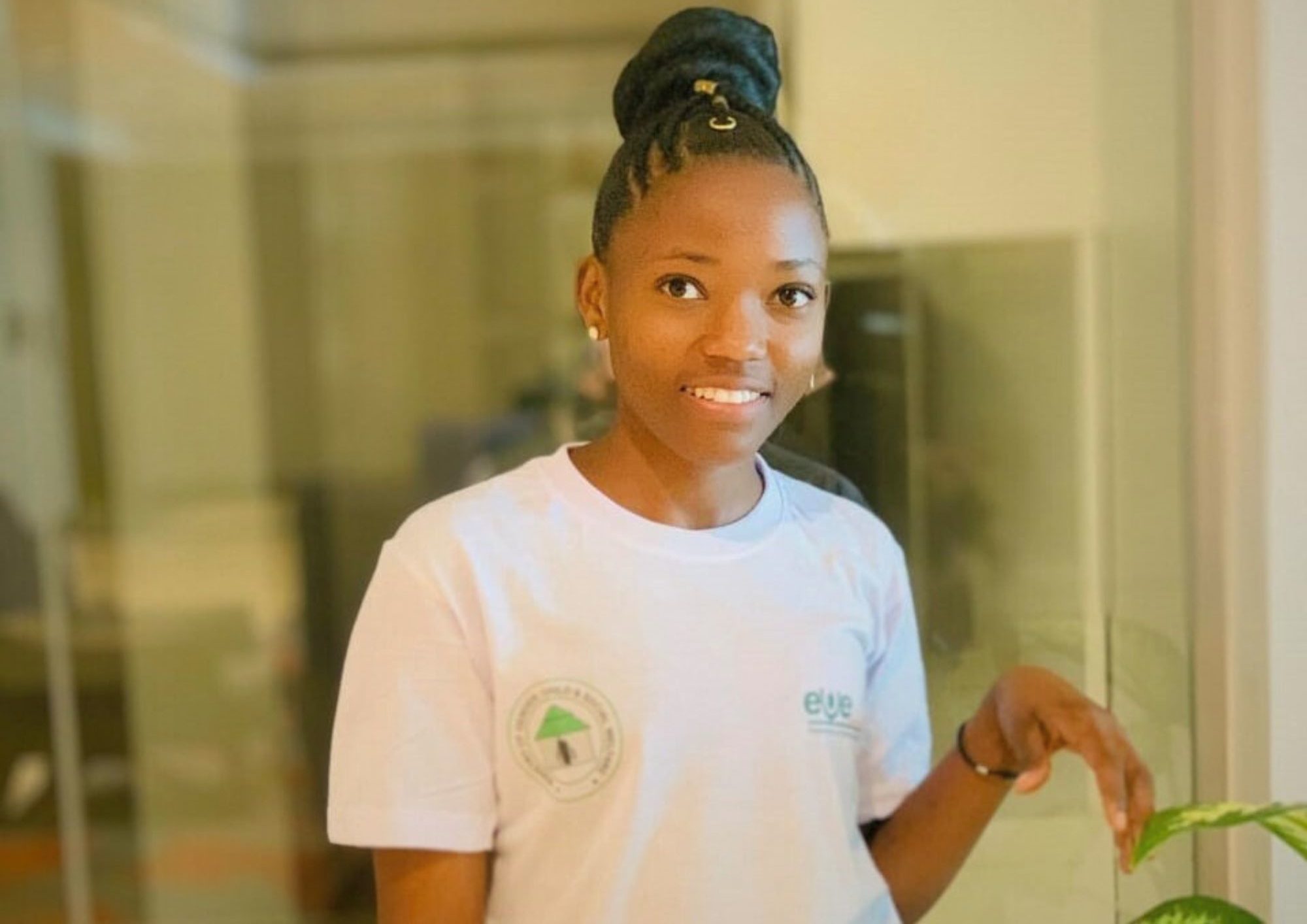What is the South Sudan Girl Child Education Bill?
The Girl Child Education Bill (GCEB) is a framework model law for the promotion of child education with a keen focus on girls through engaging in child protection and prevention of the sexual exploitation and gender-based violence by the South Sudan Child Act 2008, child rights as stipulated in the South Sudan bill of rights 2011, African Union Charter on the Rights of the Child and Convention on the Rights of Child.
This Bill was triggered by the increased prevalence of child rights violations and committing of crimes against children, as well as children being forced into engaging in illegal activities in Western Equatoria State. On 23rd October 2012, the Bill was officially launched. During the launch, Hon. Speaker Lona Bona said that once the Bill is endorsed, the law must take its course against whoever impregnates pupils to minimise dropouts that had become rampant.
In addition, the issues of school dropout, early pregnancy that leads to early or forced marriages, child labour during schooling and non-schooling hours, and child exploitation across Western Equatoria State have the authorities of the state through partnerships with Self Help Women Development Organization (SHWDO) and two other coalition members, i.e., Community Empowerment for Progress Organization (CEPO) and COPE through funding from the Civil Society Facility call for the enactment of this Bill. Although the Self-Help Women Development Organization and the two other coalition members tried to push for the Bill’s enactment, they were constrained by limited funding. The Bill is currently at the State Ministry of Education for presentation before the State Council of Ministers.
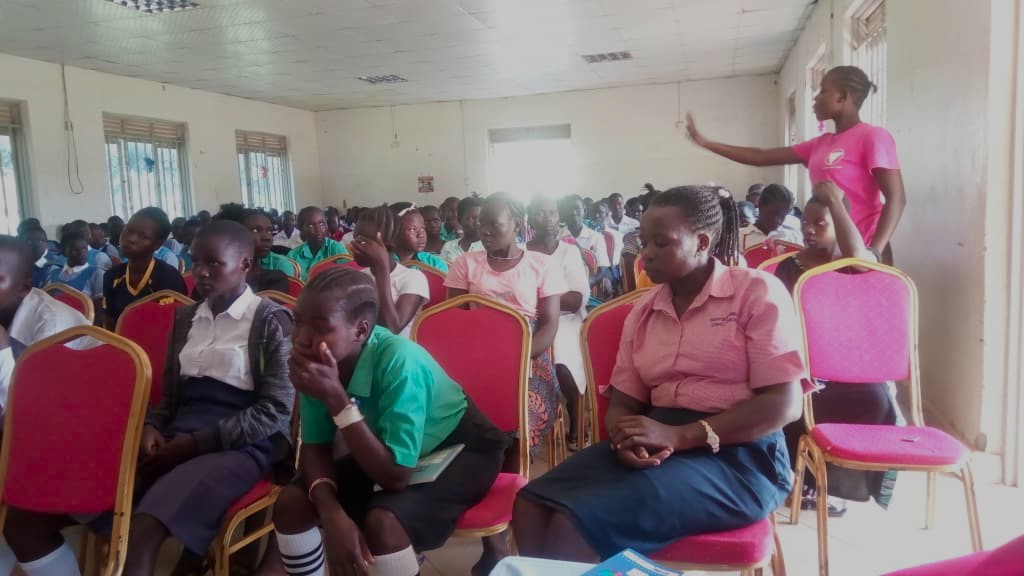
There is a need for more efforts by CSOs to push for the enactment of the Bill. Moving forward with the same agenda, the YWCA of South Sudan, under the World YWCA-led Young Women for Awareness Agency Advocacy and Accountability (YW4A) Initiative, in collaboration with the Netherlands Ministry of Foreign Affairs, and partnership with SHWDO and other women’s rights champions, such as KIT Royal Tropical Institute, Equality Now and Faith to Action Network, is implementing a five-year programme to strengthen and diversify young women’s participation; amplify their voices to effectively influence decision-making towards gender-just laws, policies, norms, and practices related to their bodily integrity and equal participation. This focuses on strengthening young women’s leadership and eliminating sexual and gender-based violence (SGBV) in South Sudan.
The Consortium calls for the enactment of the Bill. This Bill will act as a policy guide for child education in Western Equatoria State and is subject to annual review through the state authorities-civil society partnership.
Why is the South Sudan Girl Child Education Bill important?
The signing of the Girl Child Education Bill for Western Equatoria state will set a formal system and strategy for campaigning for child education across the State.
Specifically, the Bill is vital in three ways; first, the Bill will help to increase awareness raising on child education, child rights protection, and prevention of sexual gender-based violence in schools. In addition, it will strengthen state and local community structures for the promotion of child education and further create a common ground for supporting child education to ensure a conducive learning environment for girls and boys in primary and secondary schools all over the state.
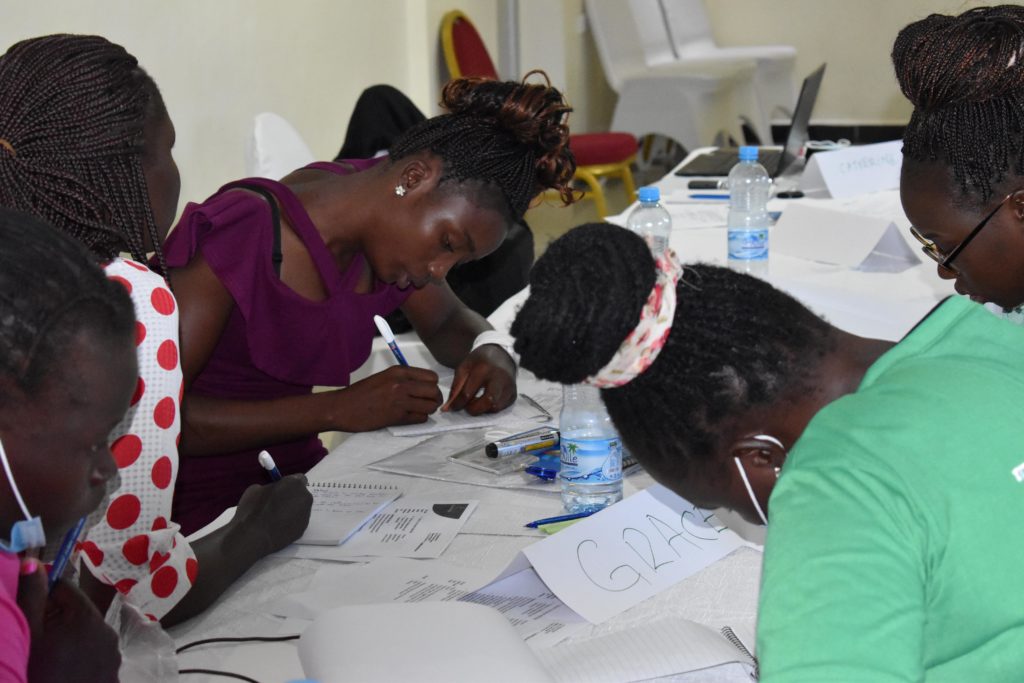
Who’s responsible for enacting the Bill?
Article 79 (3) of the Transitional Constitution of Western Equatoria State 2011 as amended provides that “a committee of the Assembly may present before the Assembly a bill on any issue within its competence.” As such, a coalition comprising three CSOs in Western Equatoria State (SHWDO, COPE, and CEPO) was responsible for leading county-level awareness raising and dissemination on the three pillars of the Bill (Protection pillar, Prevention, and Recovery pillars). The YW4A Initiative complemented and is still complementing these efforts.
What has been your contribution as an organization so far, and what efforts have been made?
SHWDO’s contribution was both in terms of availing finances and resources, including human resources (Advocacy Officer), consultations, and awareness raising on the content of the draft Girl Child Education Bill to the public across the ten counties of Western Equatoria State. SHWDO also conducted a two-day validation workshop on the findings from other counties.
What is the contribution of the community, young women, and stakeholders? What is the status of the bill? What needs to be done?
The communities have participated and significantly contributed with ideas on what should be reflected in the Bill. Above all, it provided the project team with good hospitality, enabling the consultations to go as planned. After the validation workshop, a special committee of the CSOs submitted the draft bill to the Hon. Minister of Education for presentation before the State Council of Ministers. The coalition still needs more effort to follow up with the Minister on the process or stage the Bill has reached at.
Conclusion
Despite the tremendous efforts by local CSO coalitions to influence the signing of the Girl Child Education Bill for Western Equatoria State, there are still challenges within the state leadership, such as the lack of political will to sign the Bill. According to one-on-one consultation with state-level legislators, this is mainly due to the political differences among the political parties, as many are still reluctant to table the Bill further.
Author’s take
The process of enacting the Girl Child Education Bill for Western Equatoria started way back in 2009. The first draft was allegedly lost in the legislative assembly, which was attributed to poor documentation due to a lack of devices such as computers, external storage devices, and power systems. Another reason for its alleged disappearance could have been the lack of political will to sign the Bill into law by some of the state legislative Assembly members of that time.
As such, this Bill will likely face a similar challenge given the current political context with more than three political parties in the decision-making. However, as a coalition, it is imperative to follow strategies such as meetings with contact persons in the legislative assembly and the executive, including the minister of education and gender.
 Op-ed written by Joseph Ndani, the Programme Coordinator at Self Help Women Development Organisation (SHWDO).
Op-ed written by Joseph Ndani, the Programme Coordinator at Self Help Women Development Organisation (SHWDO).
Follow Joseph and SHWDO on Facebook.
